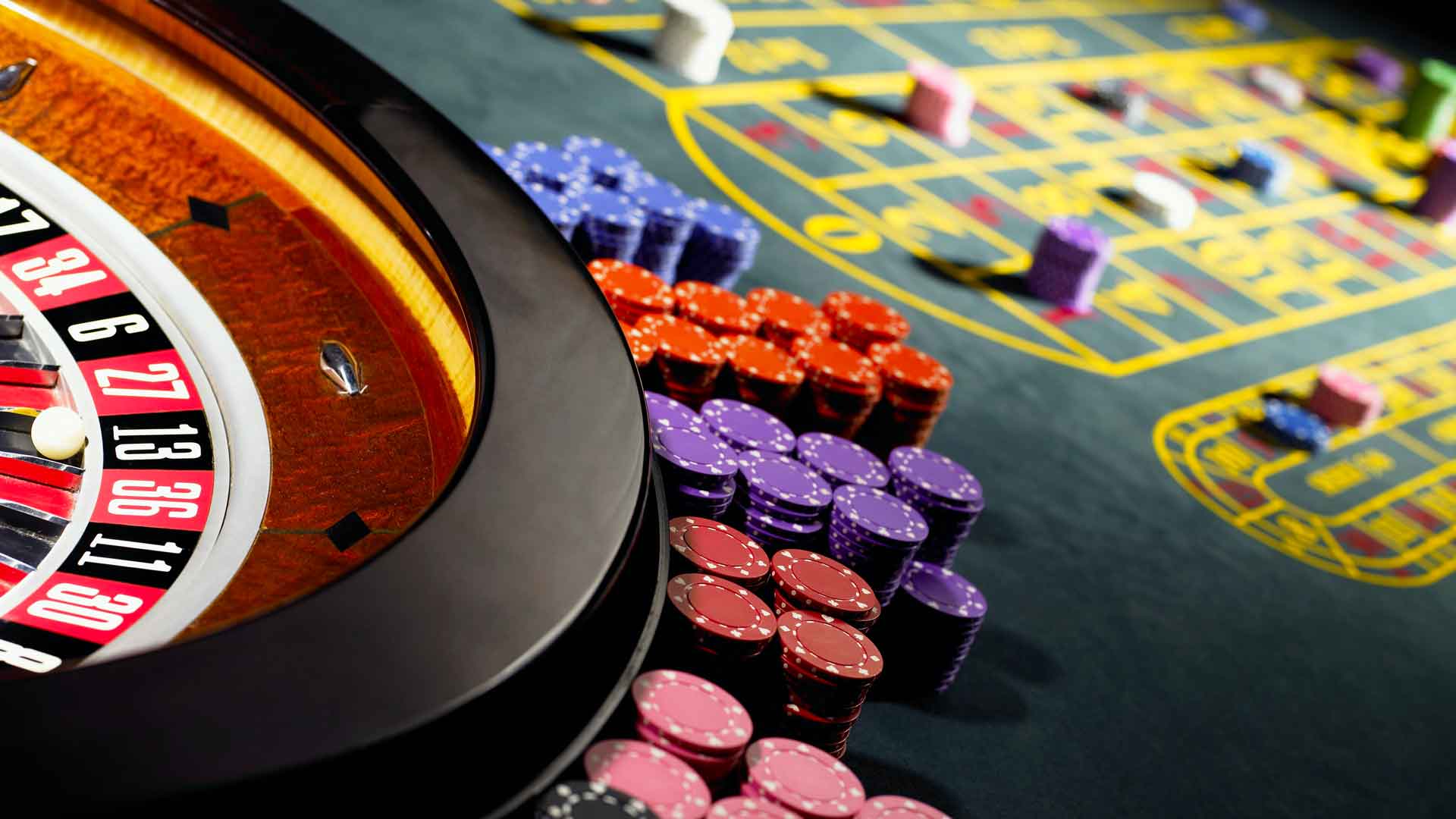Casinos and the Fragile Line of Luck

Casinos and the Fragile Line of Luck
The allure of the casino is undeniable. From the dazzling lights and the rhythmic chime of slot machines to the tense silence at the poker table, casinos offer an escape into a world where fortune can turn on a dime. At the heart of this experience lies the concept of luck. It's the invisible force that gamblers chase, the promise of a life-changing win that draws millions to these establishments. However, the relationship between casinos and luck is far more complex than a simple roll of the dice. It's a delicate dance on a fragile line, where skill, strategy, and the house's inherent advantage constantly intersect with the gambler's hope.
For many, a visit to a casino is a form of entertainment, a chance to experience a bit of glamour and excitement. The thrill of placing a bet, the anticipation of the outcome, and the potential for a significant payout create an adrenaline rush that's hard to replicate. This is where the concept of "luck" truly shines. It's the belief that, for a brief moment, the universe might align in your favor, granting you a victory against the odds. Online platforms like those found via m88 slot login offer a similar, albeit digital, avenue for this pursuit, making the casino experience accessible from the comfort of one's home.
However, it's crucial to understand that the casino operates on a foundation of mathematical probability, not blind chance. Every game, from blackjack to roulette, is designed with a built-in house edge. This edge ensures that, over the long run, the casino will always profit. For instance, in roulette, the presence of the zero (or double zero in American roulette) gives the house a statistical advantage. While a player might experience a lucky streak, the mathematical reality is that the odds are perpetually stacked against them. This is the "fragile line of luck" – a line that can easily snap under the weight of statistical certainty.
The perception of luck is also heavily influenced by psychology. We tend to remember our wins more vividly than our losses, creating a biased perception of our own success rate. This confirmation bias can lead gamblers to believe they are luckier than they actually are, fueling further play. The atmosphere of a casino, with its sensory stimulation and lack of external distractions, is designed to keep players engaged and immersed in the game, further blurring the lines between skill and pure chance.
While luck is undeniably a component of casino gaming, it's not the sole determinant of success. In games like poker and blackjack, strategic decision-making plays a significant role. Card counting in blackjack, for example, is a skill that can shift the odds in favor of the player, albeit with strict rules and countermeasures from the casino. Even in games of pure chance, understanding the probabilities and managing one's bankroll effectively are crucial for prolonging the gaming experience and potentially capitalizing on fleeting moments of good fortune. However, these skills can only mitigate the house edge, not eliminate it entirely.
The line between entertainment and addiction is also a delicate one, and the pervasive illusion of luck can be a significant factor in why some individuals develop problem gambling behaviors. The hope of a big win can become an obsession, leading to increasingly risky bets and financial ruin. It's important for individuals to approach casino gaming with a clear understanding of the odds, a set budget, and the ability to walk away when the luck runs out, or more importantly, when the house's advantage starts to dominate the gameplay. Recognizing that luck is a fickle companion, and that the casino's foundation is built on mathematics, is essential for maintaining a healthy and responsible approach to the world of gambling.